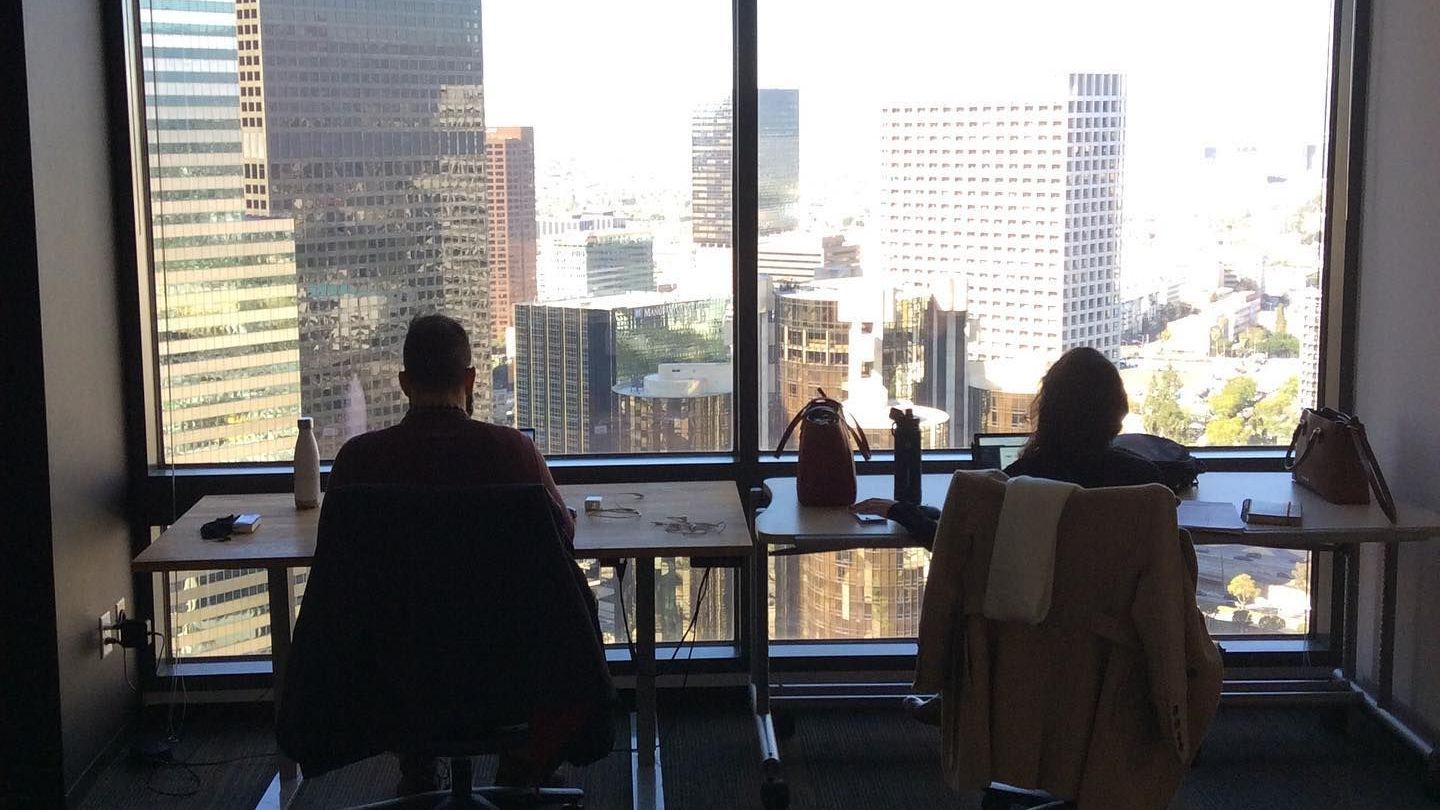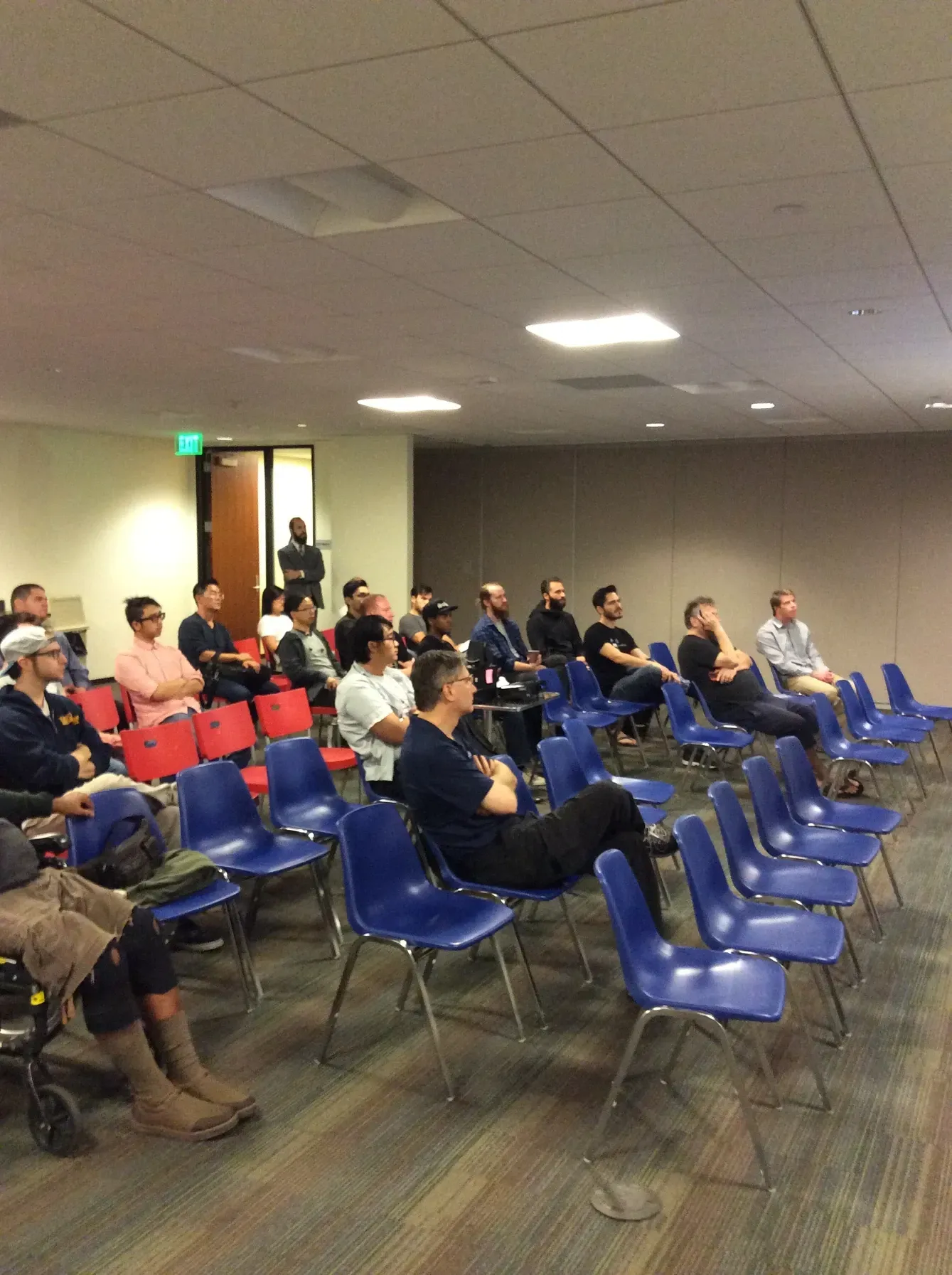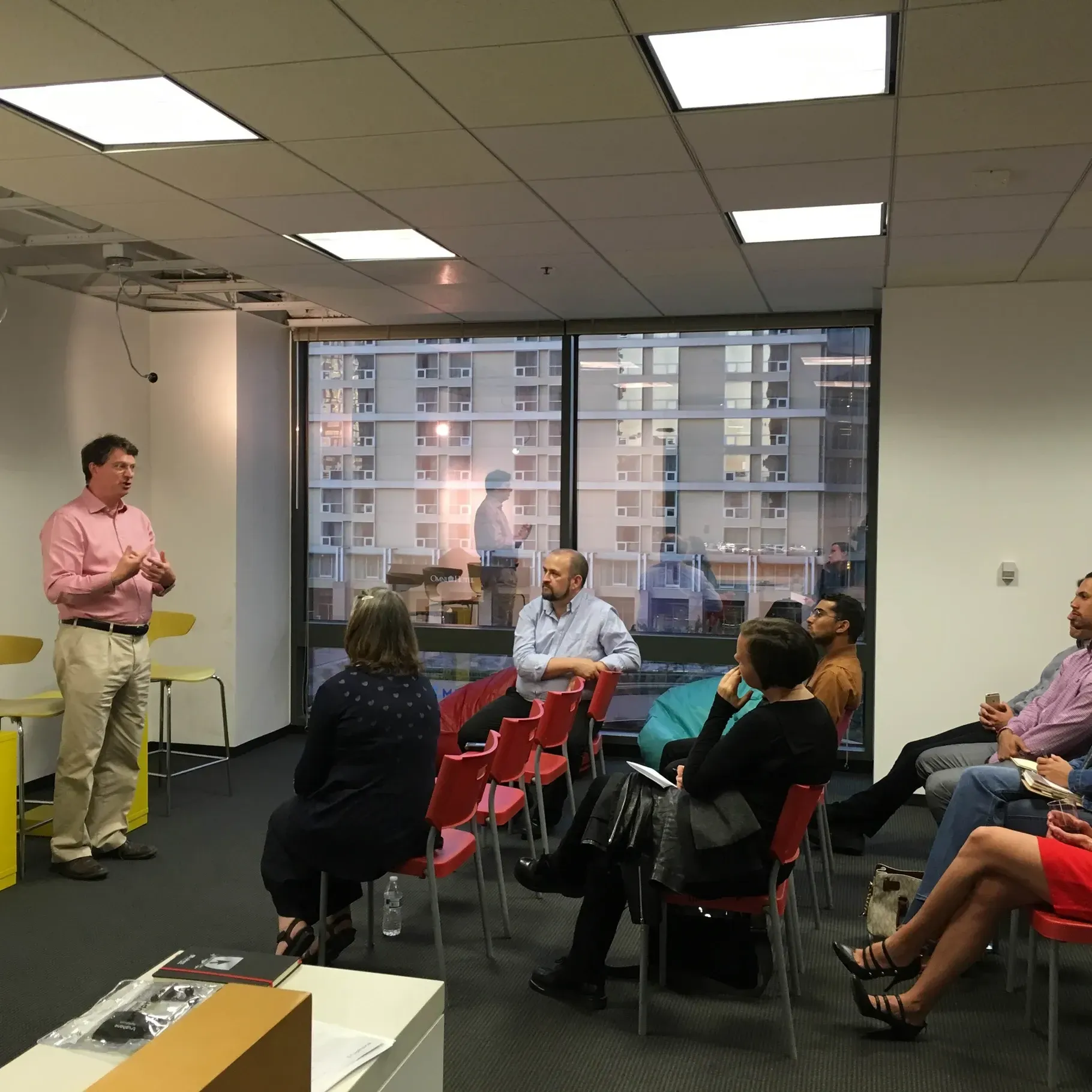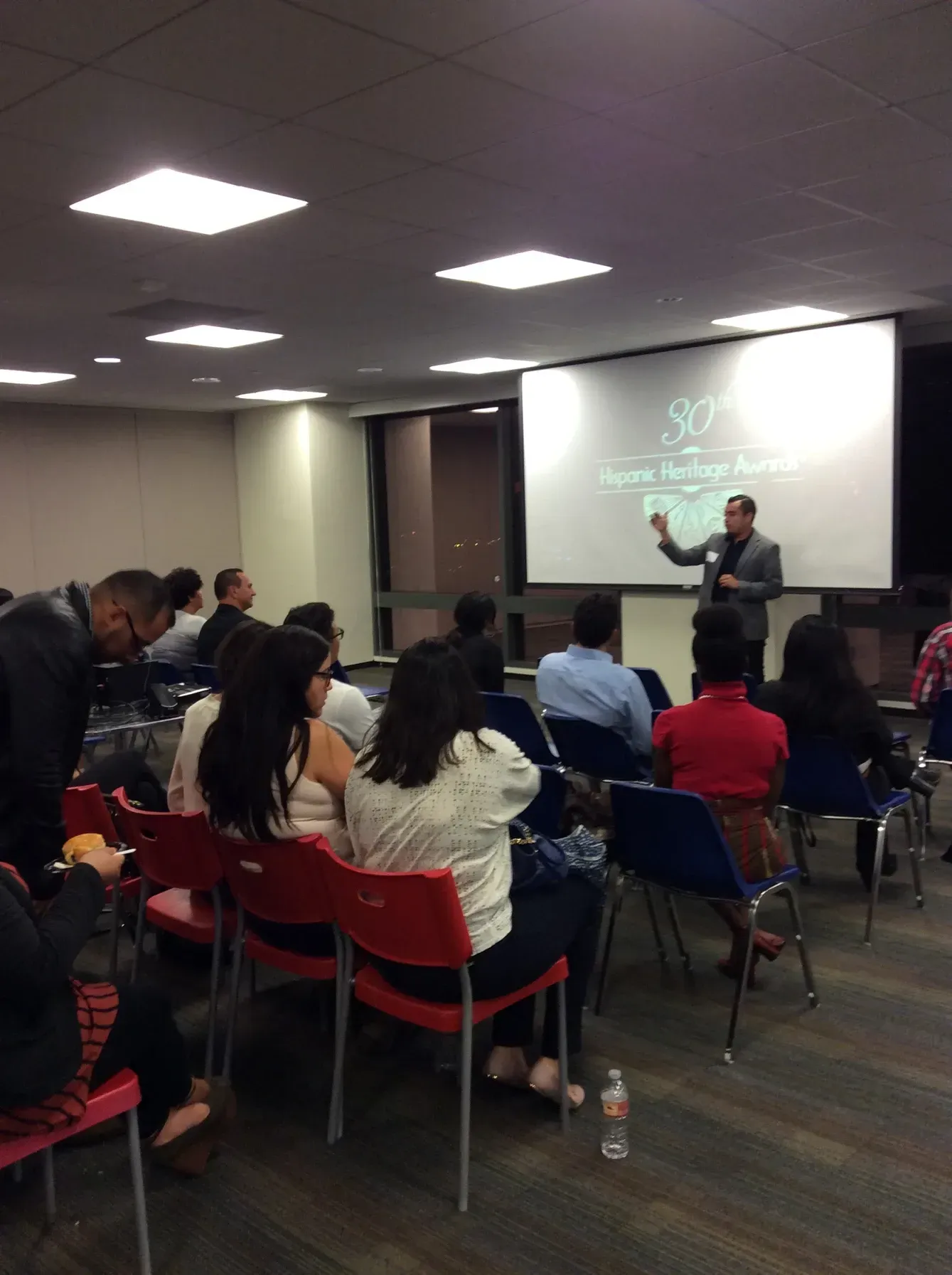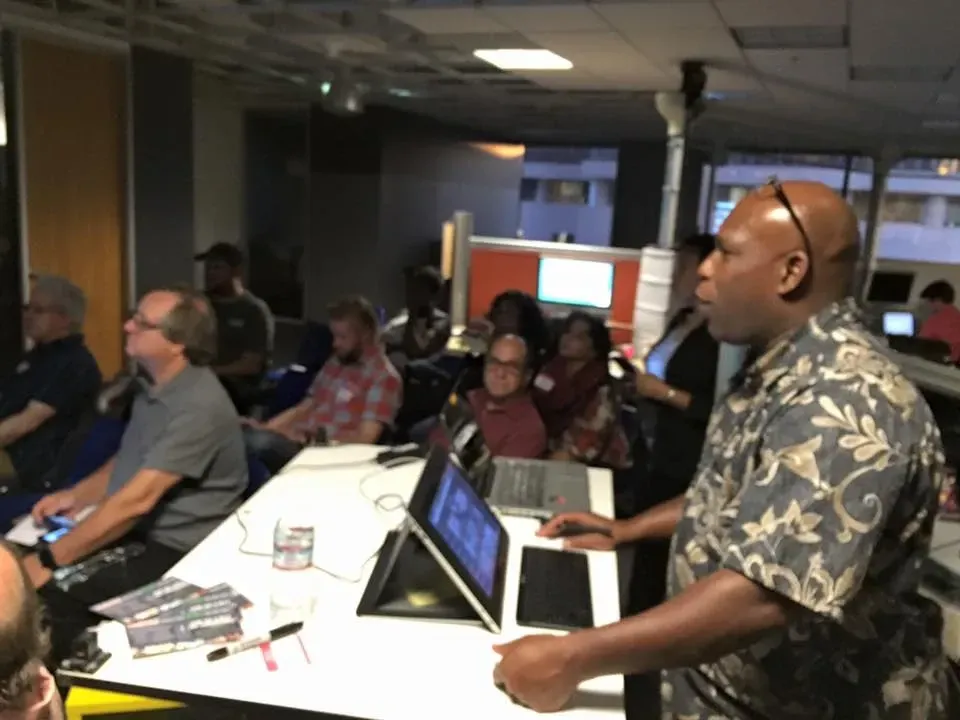Co-Working Spaces Aren't Going Anywhere
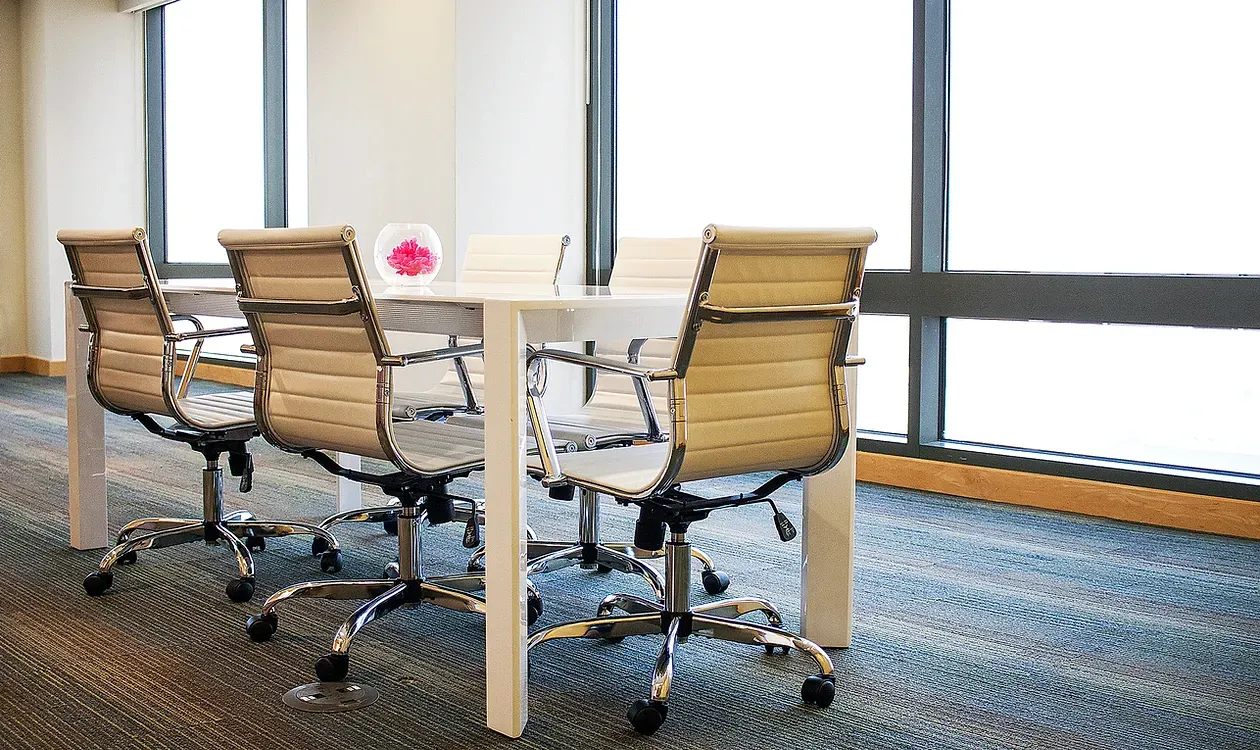
The evolving workplace dynamic has led to a renaissance for co-working spaces.
The big picture: Co-working spaces, which were once a specialized product, have now become a phenomenon for workers who don't want to return to the office post-pandemic but don't want to work in isolation, either.
- While there were only about 160 co-working spaces around the world in 2008, there were close to 19,000 in 2018, according to research from Travis Howell, an assistant professor of strategy at the University of California, Irvine's business school.
- The concept isn't new – but it's become a solution for pandemic-displaced remote workers, as the New York Times reports.
The post-pandemic working world has shifted to prioritize flexibility with workers seeking other options for remote work and hybrid in-person/office work.
- That has pushed companies to tread lightly in returning to offices, often letting go of under-utilized spaces or redesigning them for a hybrid work model.
- Last month, 28% of the 4,000 companies tracked by Flex Index were fully flexible, either with no offices or allowing employees to decide on working in person or remotely.
But, but, but: Splashy co-working companies like WeWork and The Wing have had rather public falls.
- And when the pandemic hit, teleworking trends appeared to make the case worse for co-working spaces as people refrained from sharing small spaces with strangers.
- Office vacancies are driving worries about a potential bust in the $6 trillion U.S. office property market.
- The amount of people utilizing the offices their companies rent is down roughly 50% from pre-pandemic levels, according to swipe-card systems operator Kastle Systems.
Co-working spaces expand beyond entrepreneurs
These days, fully-remote corporate workers are utilizing co-working spaces, according to Howell.
- Before the pandemic, most people in these spaces were entrepreneurs, freelancers, or other “gig” workers, he explained. But now, more and more remote workers are setting up shop.
- The American Underground in North Carolina almost exclusively served startups and tech workers pre-pandemic, according to executive director Tim Scales. But the space has seen that broaden in the past few years to include creatives, non-tech remote workers and artists.
- The current membership of the American Underground, which includes about 1,200 people, is broken down roughly as 1/3 tech startups, 1/3 small businesses and 1/3 remote workers, Scales said.
Seeking social connections, community
People seek out co-working spaces for a variety of reasons. "But a desire for connection and community is a clear through-line," according to Scales.
- "Nobody comes to the AU just to sit at a desk," he added. "Folks show up because they can get work done, for sure, but also because they can find social connection and support."
- Ally Copple, a partner at Houston-based Innovant PR, is working fully remote for the first time in her career. When she started the job, she set up an office in her basement but soon felt the urge to connect with others in person.
- Copple started working from the American Underground and said she now feels more connected to the city, to small businesses nearby and to other professionals in her field who share the co-working space.
- An added bonus for her: "I love biking to work and not thinking about the laundry."
The benefits of co-working spaces also include convenience, flexibility and added legitimacy, Howell said.
- While remote work is proven to be effective, having connections at work is important, according to Patricia Grabarek, president and co-founder of Workr Beeing, which helps organizations build healthy work environments.
- "There might be a lot of people that you're connecting with that are outside of work," she said. "So they can be a support system that doesn't have the political stress of somebody in your organization that might potentially ... put you at risk in some way."
For those joining the workforce remotely, isolation and disconnect can be even more daunting.
- Starting out remotely, young workers may not have big professional networks or that informal mentorship that comes with being at work when "you're kind of watching how other people behave," Grabarek said.
- "Loneliness at work is just generally going up," she added. "So at a co-working space, theoretically, "you would be able to interact with people that have some more experience and get some of that informal mentorship."
Rising interest in spaces amid remote work
The increasing popularity of co-working spaces can be attributed, partly, to the pandemic, Howell said.
- "That was a huge worldwide shock that caused many companies to close their offices and make remote work permanent," he explained. "Many of those remote workers are happy working at home or in a coffee shop, but many are not. So, they are looking for solutions, and coworking spaces is one."
- Yes, but even before the pandemic, "the nature of work had been changing from less 'traditional' employment to more 'gig' work, Howell said. "Those gig workers needed somewhere to work, and co-working spaces provided the solution."
This article Co-Working Spaces Aren't Going Anywhere originally appeared on Axios

